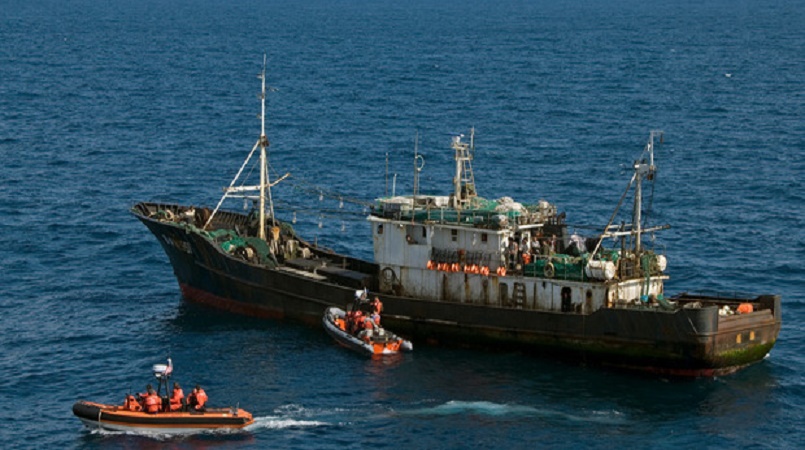
Enforcing high seas fishing rules should be the top priority for the body responsible for protecting the Pacific’s valuable tuna.
The CEO of one of the region’s most important Pacific fisheries blocs – the Parties to the Nauru Agreement – issued a stern call to members of the Western Central and Pacific Fisheries Commission (WCPFC) to end uncontrolled fishing on the high seas.
The WCPFC brings the Pacific resource owners together with global fishing powers to set rules in the world’s biggest fishery.
PNA CEO Ludwig Kumoru said the commission has to focus on the high seas and not be distracted by looking at fishing in Pacific nation’s 200-mile EEZs (Economic Exclusive Zones) where they (the WCPFC) have no right.
Pacific countries already impose conservation rules in their EEZs.
There is little control on longline fishing and very little accurate information on the number of longline vessels fishing in the high seas.
Too many boats undermine Pacific conservation efforts as well as their economic returns as Pacific nations only receive revenue from fish caught in the EEZs.
Asked about the number of longline vessels in operation in the western Pacific, Mr. Kumoru said simply, “Nobody knows. Some say as many as 5,000 vessels. This is what we are trying to find out.”
The Western and Central Pacific is the world’s largest source of tuna supplying almost 60 per cent of global consumption.
According to a Pacific Islands Forum Fisheries Agency report, in 2014, the estimated value of the longline production of 269,000 tonnes was $1.7 billion.
FFA Deputy Director General Wez Norris said Pacific nations need to continue to push the Western Central Pacific Fisheries Commission to continually strengthen the management of the high seas fisheries.
“We have a couple of specific proposals on the table to move towards that this year,” he said.
One proposal includes reducing the limits that apply to purse-seining and managing them in a more fair and equitable way
Another proposal creates high seas special management areas covering areas completely surrounded or almost surrounded by EEZs.
Norris said a huge concentration of vessels are found fishing right on the border of EEZs and FFA sees that as a priority for management reform.
According to Norris, emphasis on enforcing high seas fishing measures comes from the specific push through the Future of Fisheries Roadmap endorsed by Pacific Islands Forum Leaders in 2015.
The 10 year plan aims to increase restrictions on high seas fishing.
According to PNA CEO Kumoru, another priority for the Tuna Commission is to get a harvest control strategy on skipjack.
“If we can get it through then that’s good, “he said ahead of the WCPFC meeting which gets underway on Monday.
Skipjack tuna is important for the Pacific as it provide foods and livelihoods for Pacific peoples and commercially they are the main species of canned tuna.
Photo file supplied
